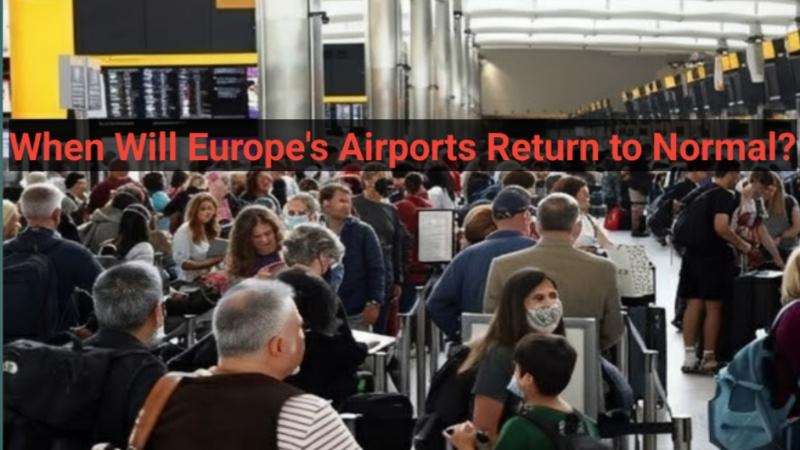The ongoing chaos at major European airports, including London Heathrow, Berlin, and Dublin, is the result of a targeted cyberattack on Collins Aerospace, a crucial service provider for airline check-in and boarding systems. This "very clever" attack has caused significant disruptions, leading to flight cancellations and massive queues as airports are forced to switch to manual operations. Passengers are facing hours-long waits, flight delays, and cancellations with little to no information from staff, leaving thousands stranded and frustrated, Daily Dazzling Dawn realized.
Who is Behind the Attack?
The sophisticated nature of the cyberattack has raised concerns about a possible state-sponsored actor. While officials have not released a definitive statement, Calum Miller, the Liberal Democrat foreign affairs spokesperson, has called for the government to investigate potential Russian involvement. This speculation follows a recent violation of Estonian airspace, and Miller has publicly stated that the government must urgently determine if Russian entities are behind the attack on Europe's cyber systems.
Collins Aerospace has acknowledged the disruption to its Muse (Multi-User System Environment) software and is working to resolve the issue as quickly as possible. The company has stated that the attack is limited to electronic check-in and baggage drop and can be mitigated by manual processes. However, as passengers like Helen Steel and Maria Casey can attest, this manual workaround is not a quick fix, leading to frustrating delays and long queues.
When Will Airports Return to Normal?
There is no definitive timeline for when the systems will be fully restored, but Collins Aerospace is actively working to resolve the issue. Given the complexity of a cyberattack of this scale, it could take several days to fully restore all systems and return to normal operations. The European Commission, which manages European airspace, has also stated that while it is monitoring the situation, there are no signs that the cyberattack is "widespread or severe."
Travelers are advised to check with their airlines directly for the most up-to-date information on their specific flights. Airports are recommending that passengers arrive no more than three hours early for their flights to prevent further congestion. British Airways at Heathrow's Terminal 5 remains unaffected, so passengers flying with them should not experience the same issues.
For now, passengers should prepare for continued disruptions and delays as the technical teams work to secure and restore the affected systems. The full scope of the attack and the identity of the perpetrators remain under investigation, but one thing is clear: Europe’s aviation industry is in a state of crisis, and a return to normalcy is not imminent.








.svg)


